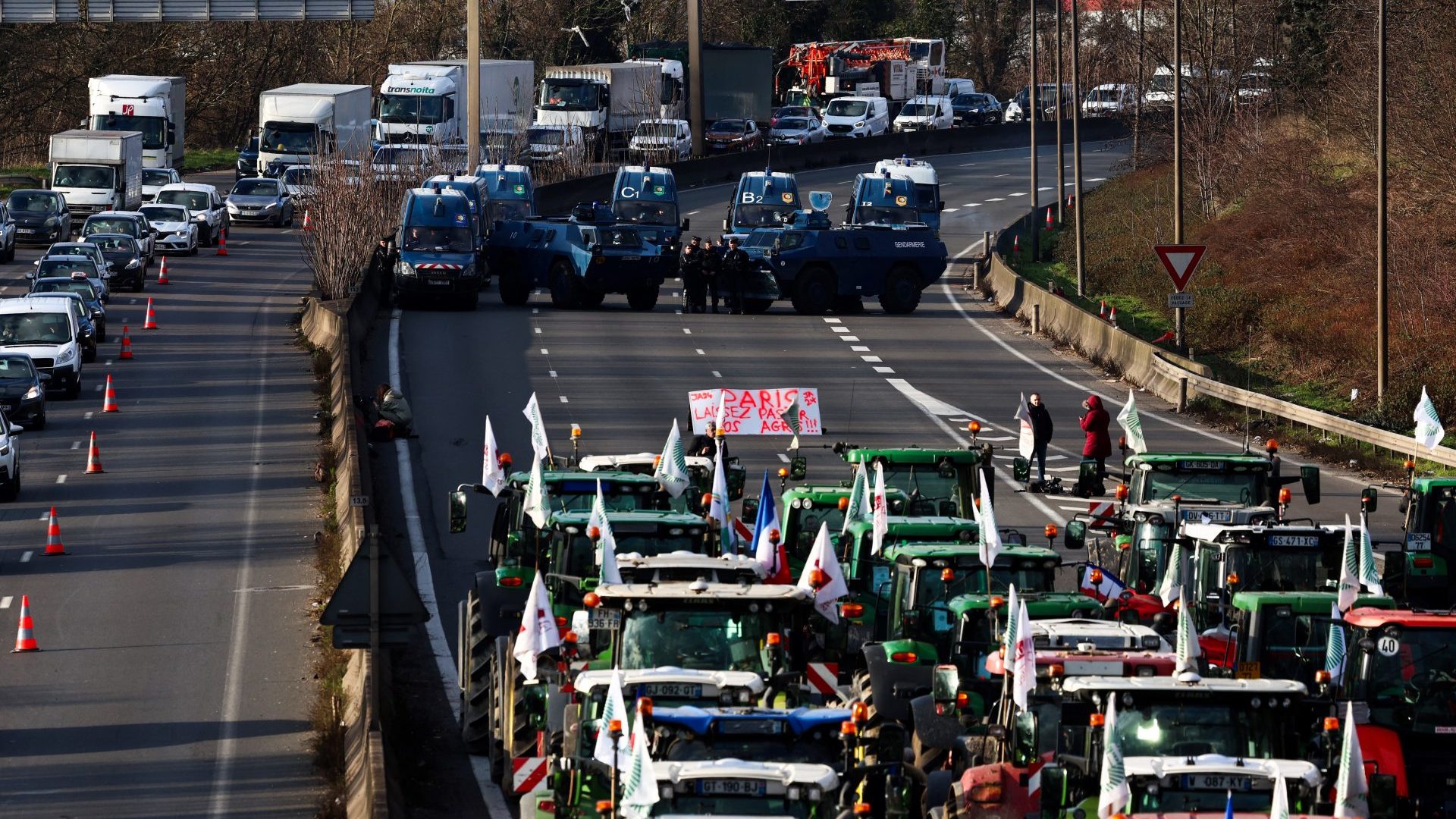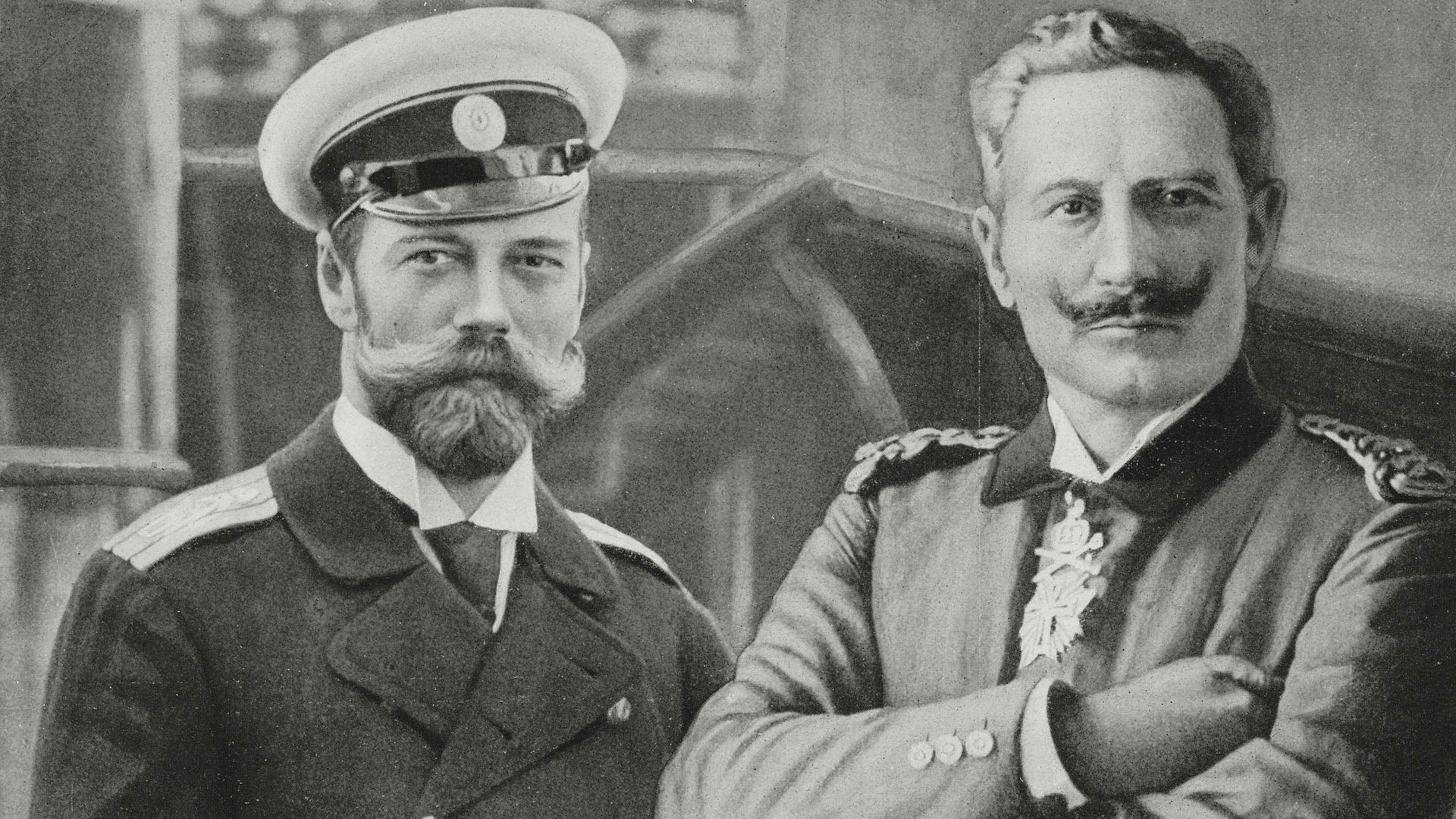Growing up in France, I would see tractors quite often. My family and I never went to the countryside – in fact, we rarely left Nantes at all. It’s a nice city to be in. Still, living there meant that, every few years, farmers would come into the centre of town from all over the region, drive around in their tractors and, when they felt like it, drop manure in inconvenient places.
On especially fancy protest days, they would set things on fire and blockade the tramway lines. It was pretty exciting. What were they protesting about? Unclear. Farmers always just seemed to be unhappy, or in need of attention. That was just life in France in the 2000s.
Well – things don’t seem to have changed a lot in the past few decades. It has been 2024 for only a month and farmers have already made the headlines for several weeks across the Channel. At the time of writing, thousands of them, driving hundreds of tractors, are blockading roads up and down the country.
“I’m so proud of you,” the head of the farmers’ association in Lot-et-Garonne Serge Bousquet-Cassagne told some of the protesters who were heading for Paris. “You are fighting this battle because if we don’t fight, we die.” These may seem like dramatic words but, for some of the farmers concerned, it really is an issue of life and death.
This latest bout of protesting began with roadblocks near the town of Carbonne, outside Toulouse, organised by Jerome Bayle. The 42-year-old hadn’t set out to become a cattle farmer, but felt he had to take over the family business after his father killed himself. He has since met Gabriel Attal, the new Prime Minister, and become one of the movement’s figureheads.
The government has already announced that it would be scrapping diesel tax increases for farmers, as well as taking steps to reduce red tape and offer financial aid to those affected by a cattle disease which has been circulating in southern France. It is a step in the right direction but, according to protesters, not enough.
The only problem, really, is that many of their demands do not seem politically viable. According to Reuters, “large imports from Ukraine, for which the EU has waived quotas and duties since Russia’s invasion… have fanned discontent about unfair competition in sugar, grain and meat”.
Elsewhere, they argued that “a push by the government and retailers to bring down food inflation has left many producers unable to cover high costs for energy, fertiliser and transport”, and that they are “choked by excessive regulation on environmental protection”.
Supporting Ukraine and the environment and fighting against the cost of living crisis are three very popular policies, in France and elsewhere – it isn’t clear that reversing any of them would be doable, or a good idea.
It isn’t even certain that it would work, as the farming industry has been in decline for decades. Back in the 1950s, France was home to 2.5 million farmers; that number is now down to roughly half a million. Of those 496,000, just under 200,000 will be able to retire from 2026, and it is fair to say that there aren’t 200,000 others waiting in the wings.
Similarly, the overall number of farms went down by just over 20% between 2010 and 2020, with around 100,000 of them closing in ten years. Perhaps unsurprisingly, what this means in practice is that it isn’t a good time to be a farmer in France. According to MSA, a health insurance provider, “the rate of suicide among farmers aged 15 to 64 was 43.2% higher than the national average in 2020”.
It is, in short, an impossible situation for the French government. According to a study by Le Figaro, 89% of citizens are backing the protests. Still, most radical reforms to the sector wouldn’t be popular with a population worried about inflation and the climate crisis.
What should they do next? Frankly, that’s above my paygrade. All we can say at this stage is that Attal, the 34-year-old who has been Prime Minister for under a month, ended up having an especially short honeymoon at Matignon. Only three weeks ago, pundits said that he could be president one day but ah – isn’t that a long time in politics…




